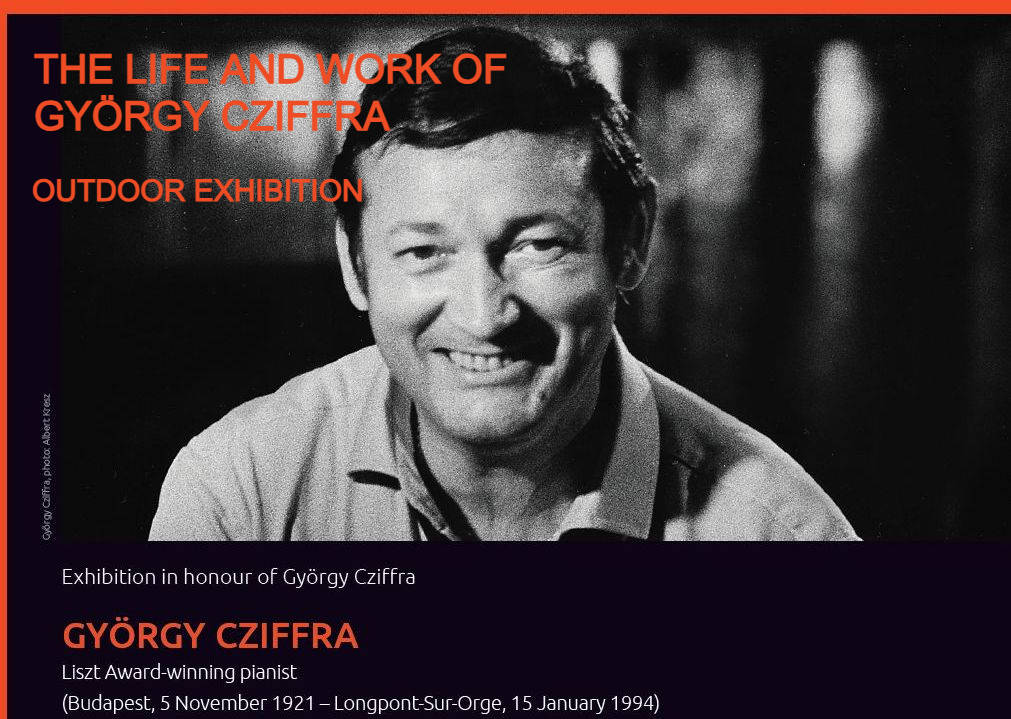This exhibition pays tribute to György Cziffra’s adventurous life and fascinating oeuvre. Cziffra’s life reflects a typical 20th-century Hungarian life but also serves as an example of triumph over hardship and prejudice. Despite his deprived childhood in the slums and his Romani roots, he made his breakthrough at the Franz Liszt Academy of Music as a child prodigy. Every time his career would take off, a new tragedy would shatter his dreams. First came World War II, then imprisonment and forced labour - which severely impacted his hands - for attempting to escape from Soviet-ruled Hungary. As a result, Cziffra could only play the piano with the aid of a wristband. Upon his release, he only found work as pianist in night bars and it took several years before he could return to stage. Although in 1956 he was awarded Hungary’s most prestigious classical music prize - the Liszt Prize - he left the country after the suppression of the 1956 revolution and settled in France. In the following years, he gained worldwide fame as a classical piano virtuoso and remained active until his death in 1994.
Today, pianist János Balázs keeps his musical legacy alive through the annual Cziffra Festival. As part of the 2024-2025 programme, an outstanding performance by Balázs was showcased at the Academy of Music in Oslo last October.
The outdoor exhibition is open until 30 April 2025 at our Embassy.




